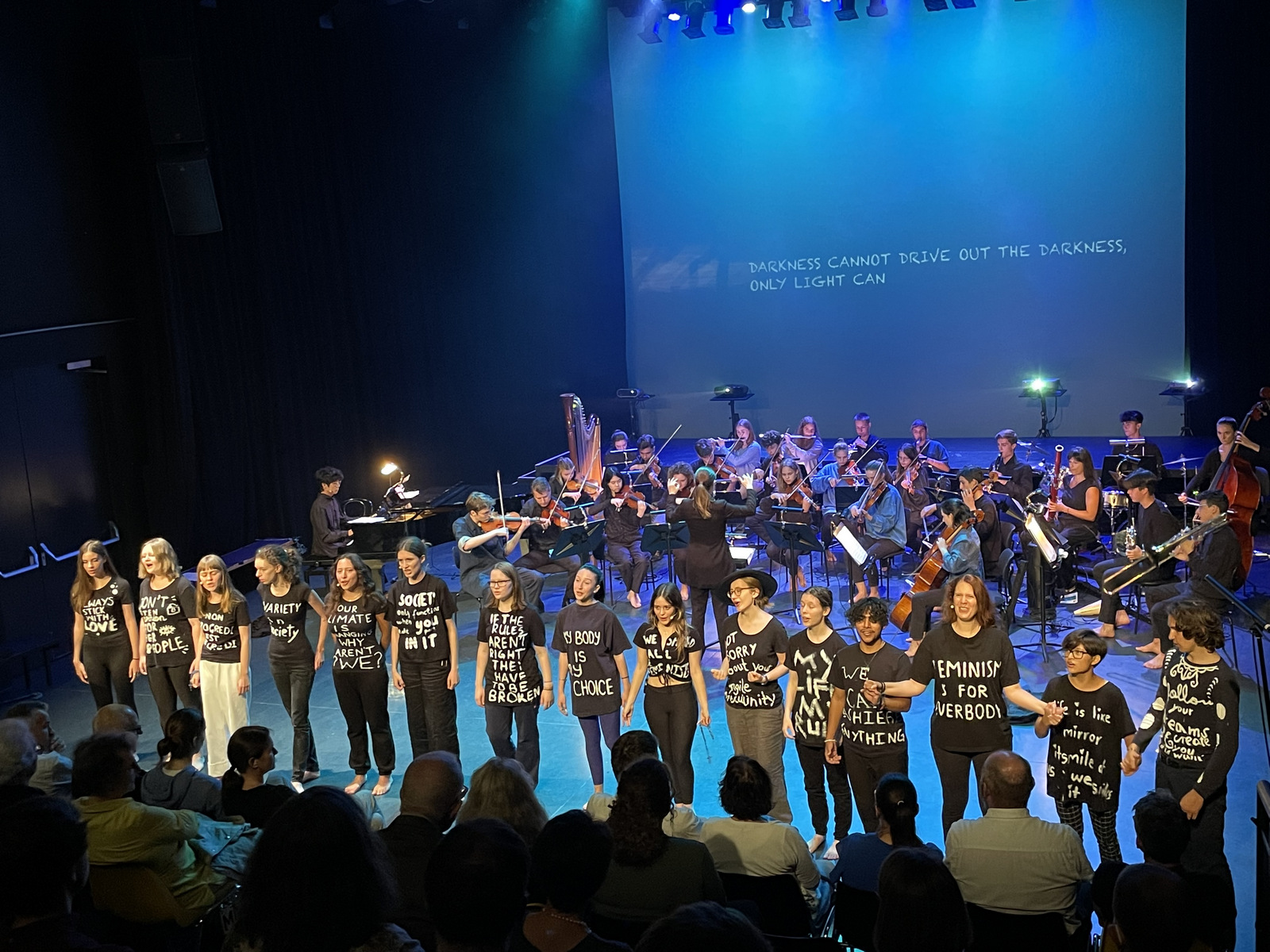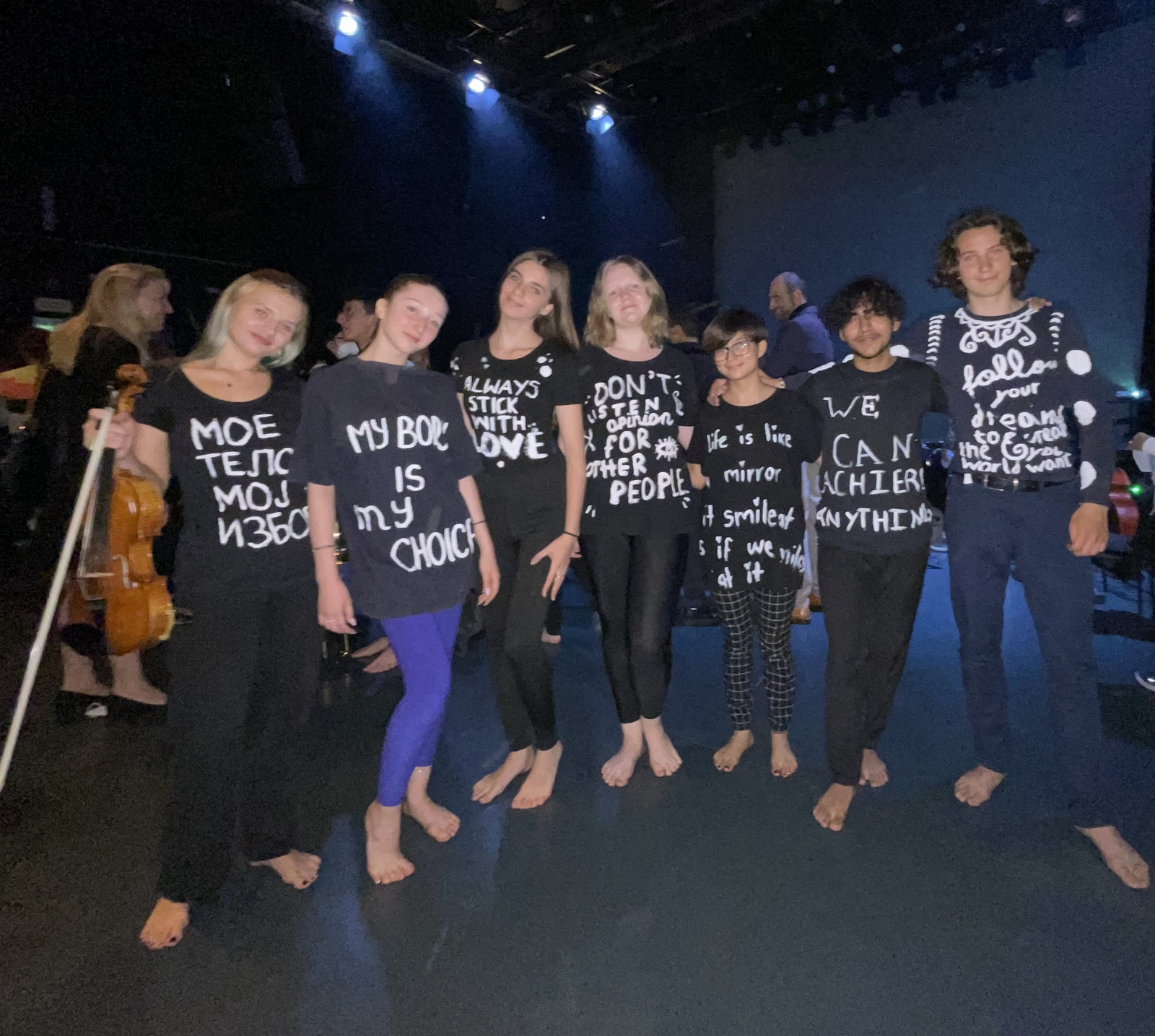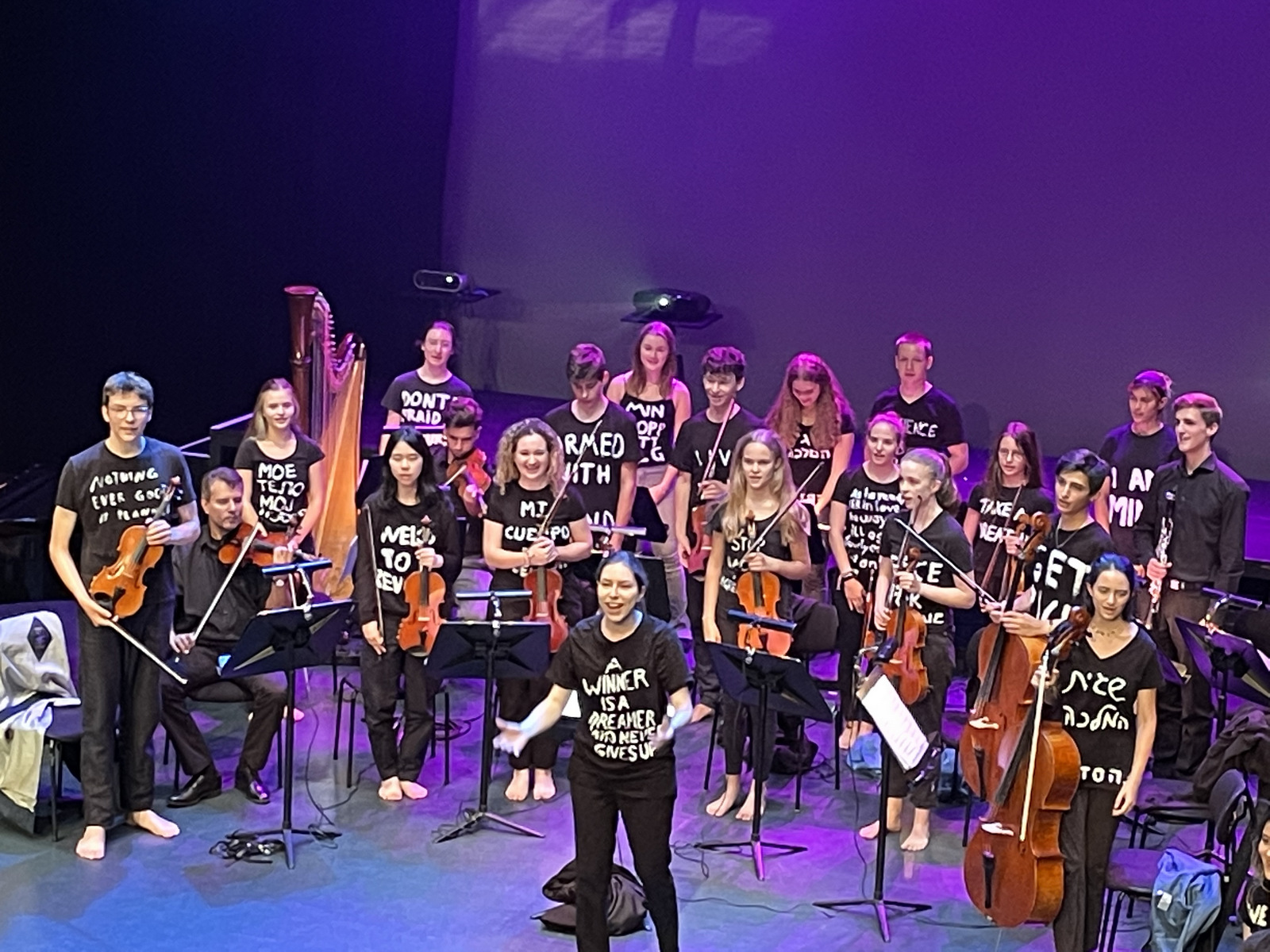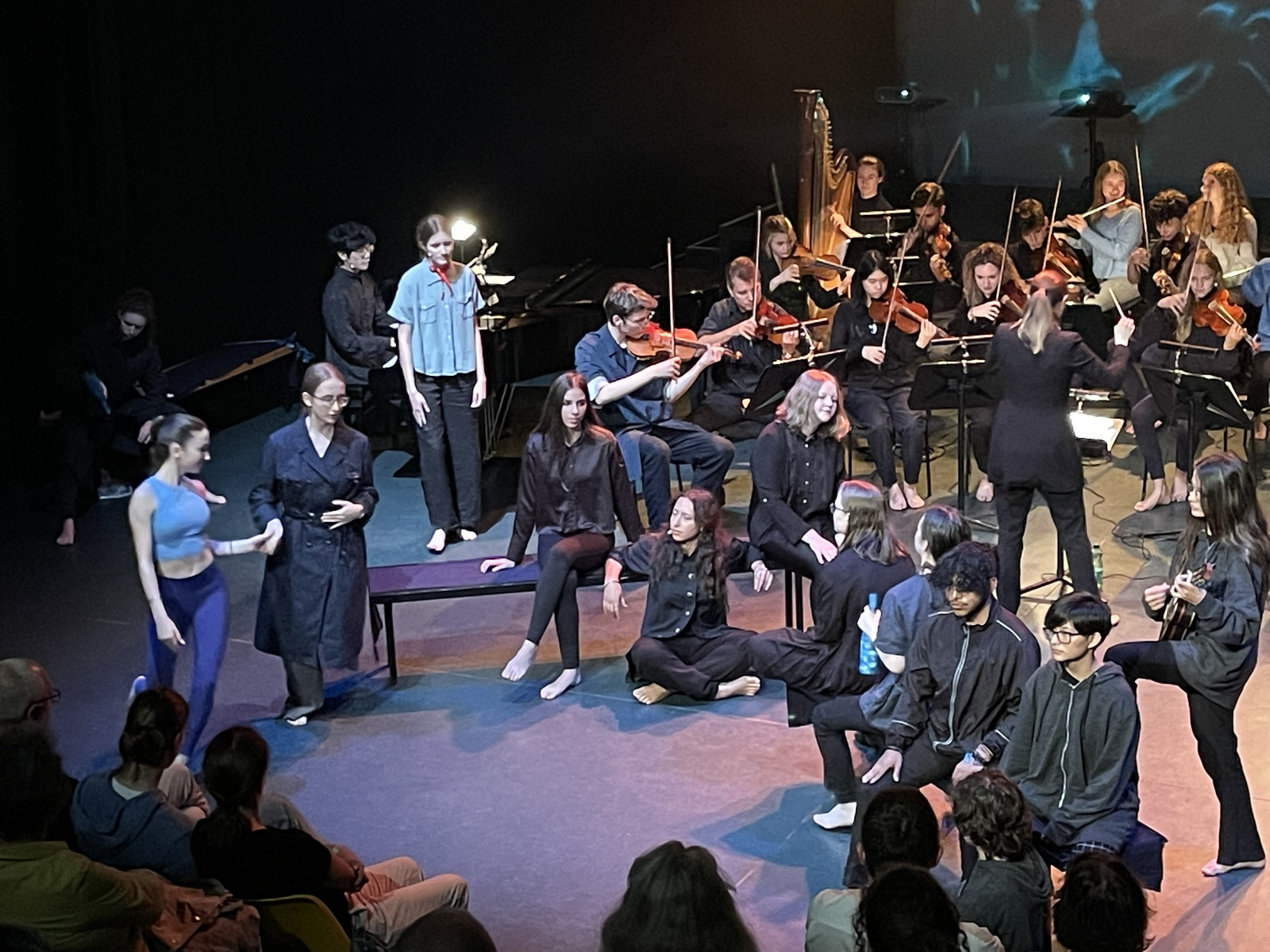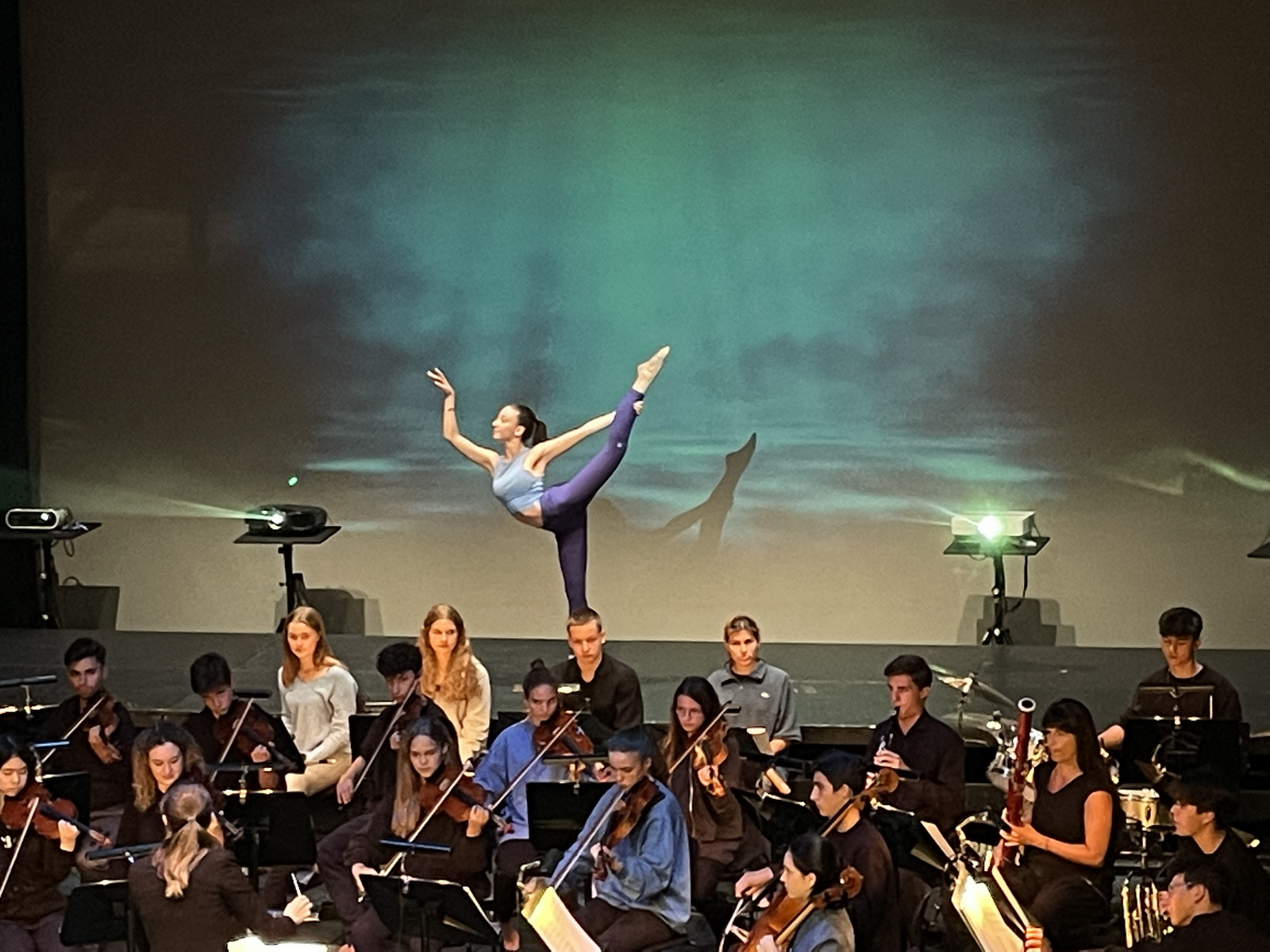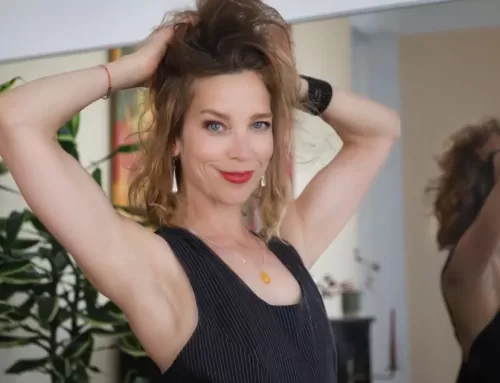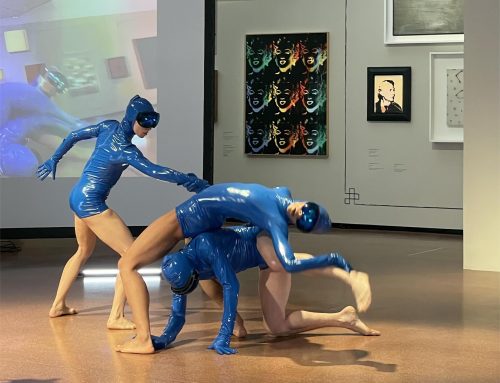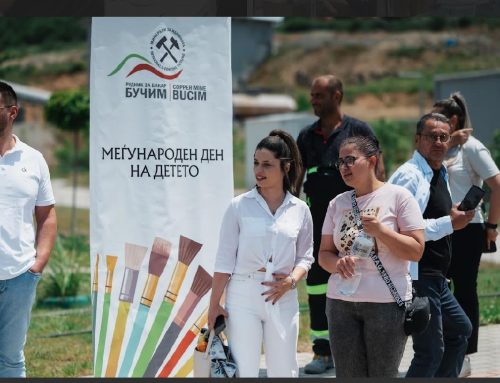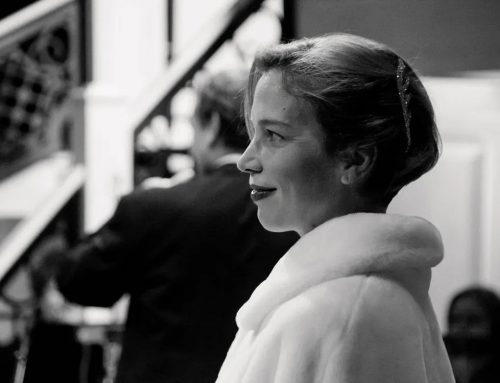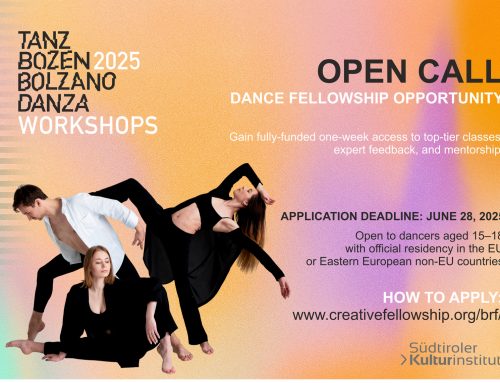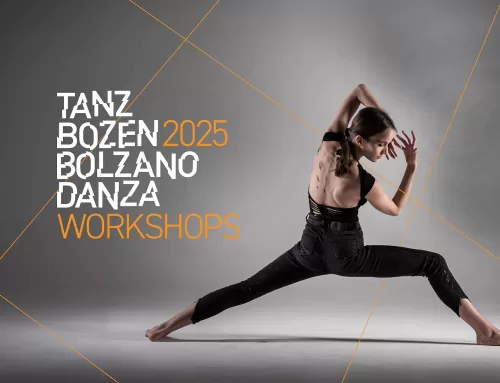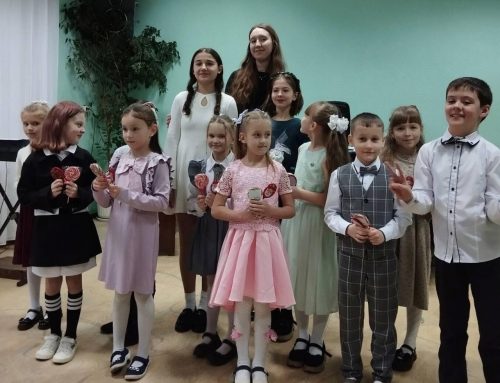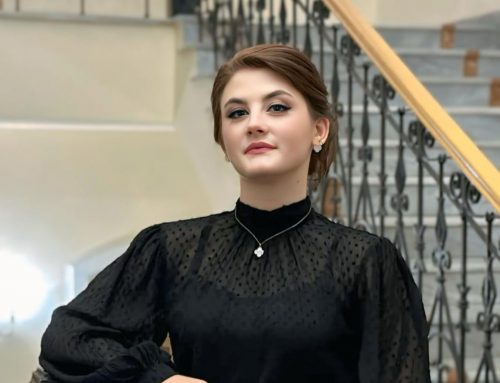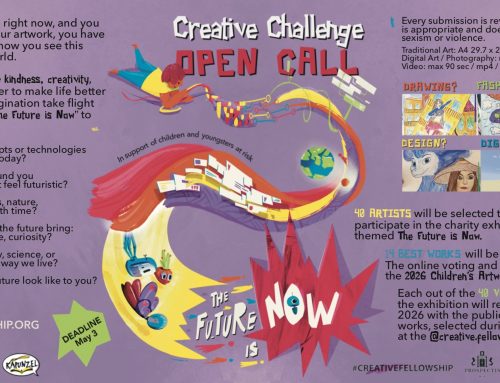Six @Creative.Fellowship scholarship winners from Ukraine, Guatemala and N.Macedonia together with peers from 12 other countries presented their version of an opera about fighting for happiness and freedom in Salzburg.
For a weeklong period, @Creative.Fellowship scholarship winners, Ukrainians Alina Liubchenko (16) and Polina Rozumnyak (14), Guatemalans Luiz Enrique Galvan (17) and Cathy Guerrez (16) and Macedonians Mihaela Lazareva (17) and Martina Gazepova (15) worked side-by-side with the members of the Vienna Philharmonic, the orchestra of the Vienna State Opera and participants of the Angelika Prokopp Summer Academy staging the modern youth version of the Káťa Kabanova opera written by Czech composer Leoš Janáček in 1920s.
The scholars gained the unique opportunity to represent voices of their countries at the Europe’s biggest classical performance event as the result of active participation in the year-long program managed by Creative Fellowship initiative internationally. Throughout the year the scholars were taking part in virtual workshops, celebrity talks, master classes and Art+English trainings. By being engaged into the fellowship’s activities the youngsters received intercultural experience, gained life essential skills valuable for their further career development and got themselves ready to their first international immersive project.
In 2022 the fellowship program’s research was focused on the theme of “Freedoms and choices” and used Cinderella – the most known fairy tale in the world – as a case study for exploring how the same story can be told in different cultures and by different art forms.
In Salzburg the scholars continued their scenic and musical exploration of the theme through working on the musical portrait of Káťa Kabanova, a young woman who fights both passionately and desperately for happiness and freedom while been torn between her feelings of remorse and the moral standards of society.
On August 7 the youth version of the opera premiered at ARGEKultur, the largest independent cultural center in Salzburg. In a lively musical spectacle, young performers told the narrative mix of universal relatability – family pressure, mental health, inner freedom, and social prejudices. Despite the darkness of the play, the show was sold out long before the premier. To please the demand of the public Kat’a Kabanova campers had to give two performances per day – an emotional challenge for professionals and quite a test for the first-time performers.
Follow our next publications to know the scholars’ impressions on their participation in the Kat’a Kabanova show.

